Think back to when I was working in Sierra Leone.
2024.09.12
-

- Sato Hitoshi Former Resident Representative Sierra Leone Office
The following four points are introduced. My experience as the director of JICA Sierra Leone, what I saw in the field, the sad history of the past, Sierra Leone's resilience from it, and JICA's activities that support its growth.
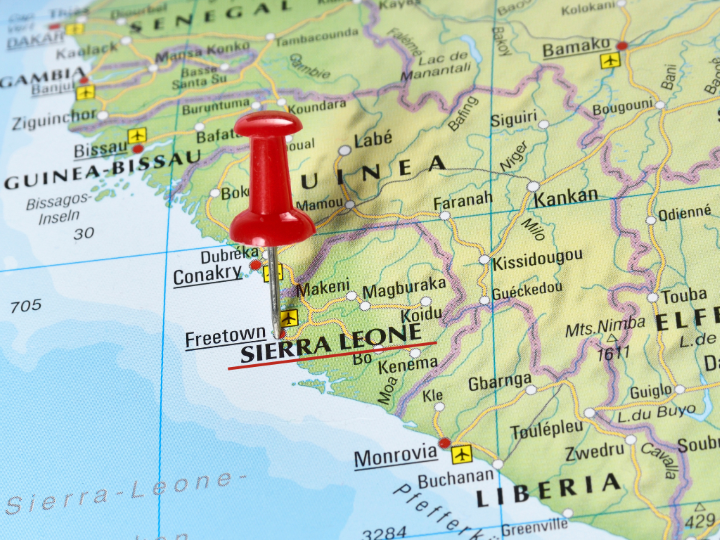
The Republic of Sierra Leone (hereinafter referred to as Sierra Leone) is located in West Africa, more than one day's flight from Japan, and has about 8.5 million people living in a land area that is about 80% the size of Hokkaido. It has a tragic history, such as the civil war that lasted for about 11 years from 1991 and the Ebola virus disease in 2014, and the seriousness of these wars and people's suffering are depicted in books and movies (Leonardo DiCaprio's "Blood Diamond" is famous). In addition, due to the influence of civil war and infectious diseases, it became famous as "the country with the shortest life expectancy in the world" at that time.
The impact of the civil war and the Ebola virus disease, especially the recent Russia-Ukraine war and COVID-19, has also taken a heavy toll on the people, and although it is one of the poorest countries in the world, democratization has progressed since 2007, and it is one of the few peaceful countries in West Africa. In recent years, Japan companies have been operating pineapple plantations and exporting pineapples to Europe and the United States.
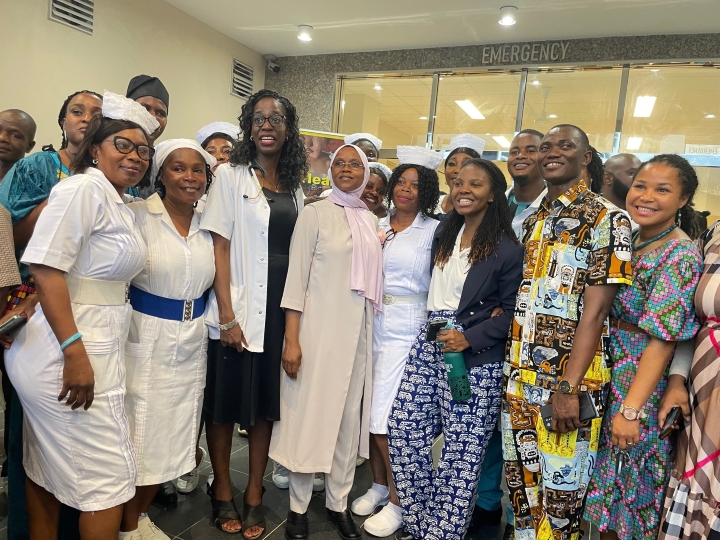
Due to the civil war and infectious disease epidemics that have lasted for many years, many economic infrastructure and human resources have been lost, but what people need to live there is first, increase in food production, second, improve the medical system, and third, improve basic infrastructure such as roads and electricity. Japan resumed ODA in 2005 after the end of the civil war, and since then it has continued to cooperate in the above areas and support the development of Sierra Leone from post-war reconstruction to the present. At the end of January this year, the government of Sierra Leone announced the Medium-Term National Development Plan (2024~2030), which sets national targets. The key themes of the government's plan are 1) Feed Salone (feeding Sierra Leone), 2) human resource development, 3) youth employment, 4) technology and infrastructure, and 5) transforming public services, and the cooperation between Japan and JICA is in line with them.
As of 2024, we have the following four cooperations. 1. Technical cooperation for improving rice productivity (cooperation that contributes to improving the food self-sufficiency rate by utilizing Japan's rice cultivation technology), 2. Technical cooperation for improving children's hospital services (cooperation that contributes to reducing mortality rates in pregnant women and children), 3. Technical cooperation for advanced diesel engine maintenance (cooperation for stable supply of energy), 4. Technical cooperation for improving local administrative capacity ( Cooperation in improving the capacity of local government officials and creating guidelines, etc.). In addition, we are promoting the construction of a children's hospital and the development of the power grid on the Freetown Peninsula through grant aid.
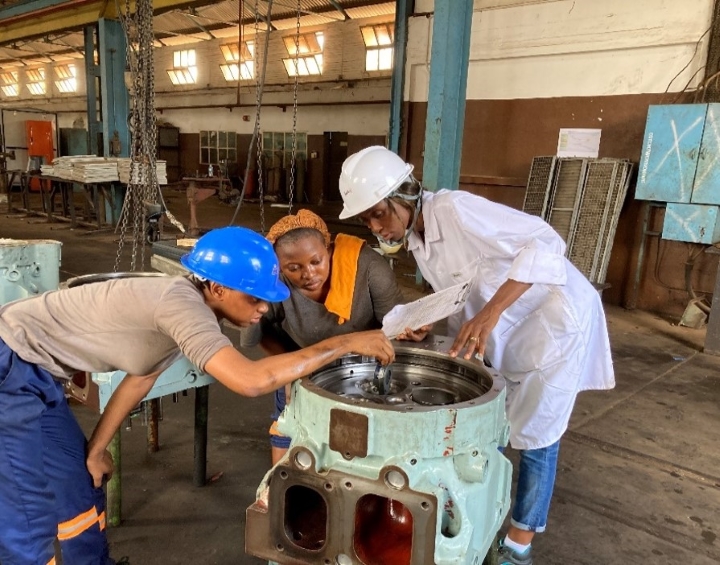
It is true that there has been a sad history of protracted civil wars, but people are living hard every day despite carrying it on their shoulders. Every morning, the city is filled with the cheerful voices of students and children commuting to school, and the market is full of people buying and selling vegetables and fish. There are a lot of traffic of cars and people, and you can feel the vitality to build the future. In addition, thanks to the hospitality of the people of Sierra Leone, who have experienced the civil war and have come to value peace and stability, we, JICA staff, are able to live with peace of mind. I feel that this country has a bright future. Because of my work, I had a lot of contact with government officials, and many of them were very friendly. Sometimes they would force themselves to "make an effort" for something they couldn't do, so of course the schedule would be delayed and extra work would be required, which would get me in trouble. But other than that, my daily life was very easy to live in. The greengrocer at the street vendor often gave me extras (I don't know why, but he often gave me papaya as a bonus), and the tailor in my neighborhood would do it for me at a fixed price without asking exorbitant prices for repairing perforated sheets and backpack pockets. I used to buy cashews in empty mayonnaise jars directly from street vendors who didn't have a shop, but soon the young man rushed to sell my car as soon as he saw it. I don't know how much he earns per day, but I figured I'd contribute a little bit to sales so that he and his family could eat well.
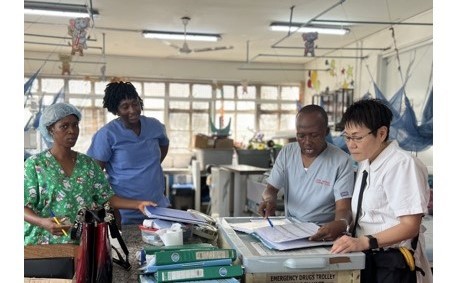
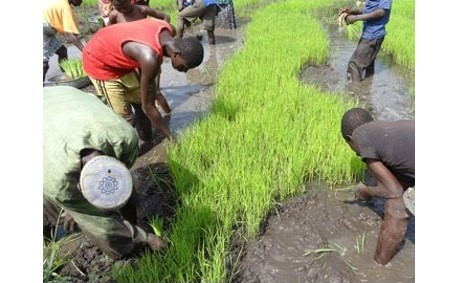
As of 2024, Sierra Leone has been elected as a non-permanent member of the UN Security Council, two of which are among the countries in Africa, and also serves as the President of the African Union (AU) Committee of Ten Nations. As a result, Sierra Leone enjoys a high level of trust in the international community. Sierra Leone is also planning to build a huge bridge from the capital Freetown to the other side of the river, where the international airport is located, and is also working to develop and attract new businesses. (For example, promoting the beautiful coast as a valuable tourism resource). The challenges that confront Sierra Leone, including economic issues, are not small, but people are living their lives with the aim of a bright and prosperous future.
JICA will continue to support the development of Sierra Leone by supporting the strengthening of Sierra Leone's social and economic infrastructure. In addition, we will promote public-private partnerships, increase exchanges with the people of Sierra Leone who come to Japan for JICA training, and work hand in hand with Sierra Leone to create a future in which both countries develop together. JICA will continue to cooperate for the stable development of Sierra Leone and for the prosperous and happy lives of the people of Sierra Leone.
scroll